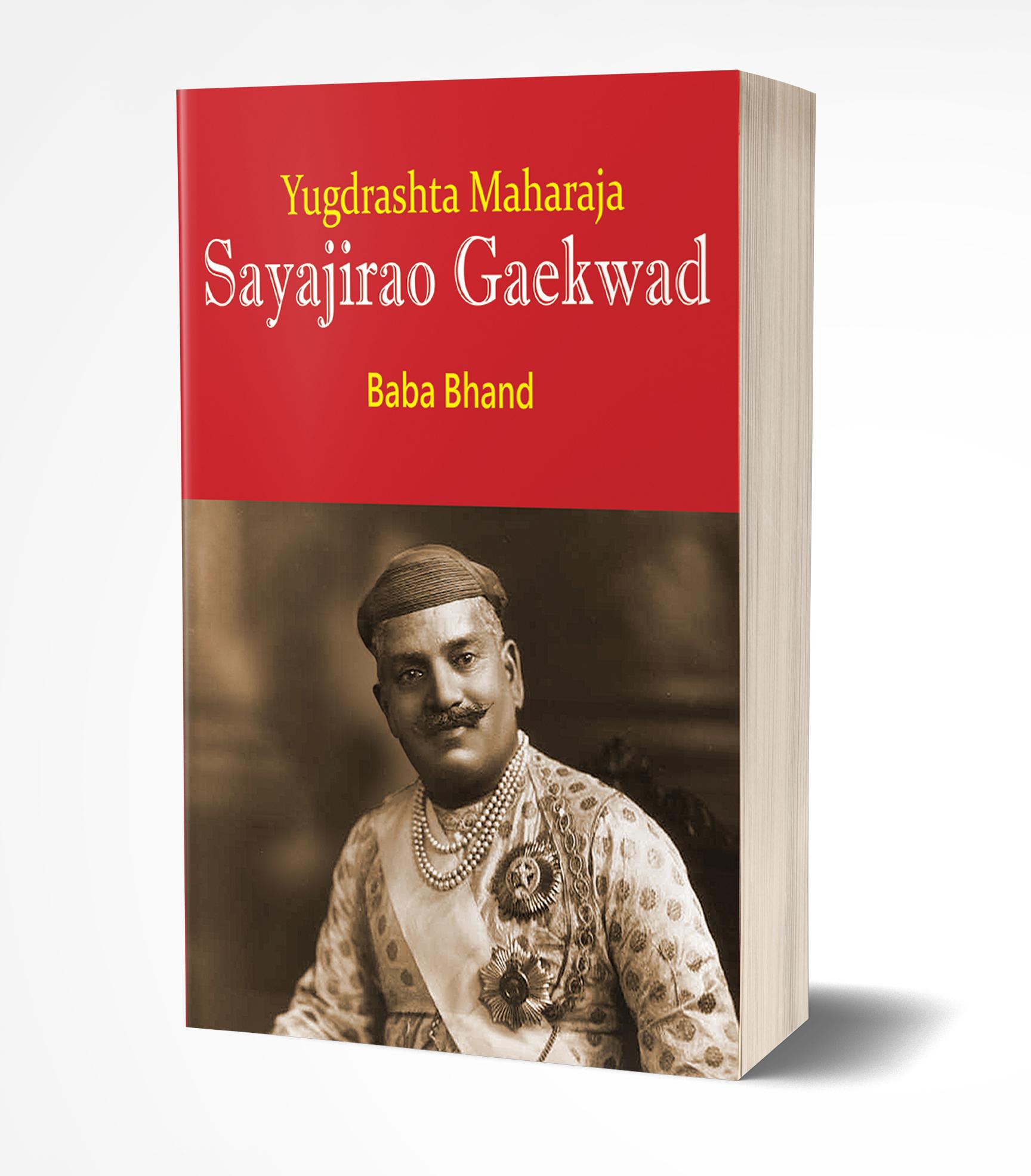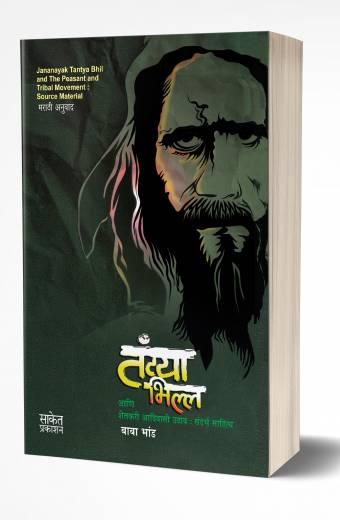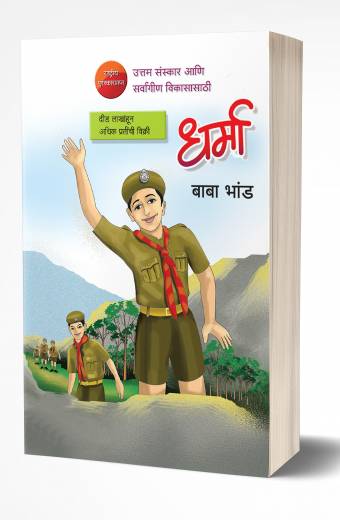Description
• This book is a political recountal of a pioneering and progressive ruler who was far ahead of his times. At the time when the British had enslaved the Indian rulers in the rest of India. It was Maharaja of Baroda who astutely supported the freedom fighters and social activists and backed revolutionary activities. Also, by taking the first bold steps to turn monarchy into democracy, he laid the foundation of modern India.
• By bringing about reforms like the right to vote, setting up of Gram Panchayats, compulsory primary education, public libraries, laws to end casteism, banned child labour and child marriages. Also by ensuring adequate water supply, land reforms, public healthcare policies, policies for vocational training, socialisation and criminal justice and using the media to reach the people and to bring about transparency in the administrative process, he turned his rule into a model of ideal governance.
• He also consciously provided generous patronage to arts, and literature, in order to create an interest for the written word and the arts amongst the people. No doubt, he was a successful ruler, a skilled administrator and a farsighted intellectual. However, along with that, he was also a noble man who had acquired the capacity to overcome extreme political suffocation and challenging life experiences and to deal with them with grace and dignity.
• That is why this narration has acquired the significance of Plato’s ‘The Republic’ and ‘Adnyapatra’, a royal edict by Ramchandra Pant Amatya, on the principles of the policy of the Maratha Empire.












Reviews
There are no reviews yet.